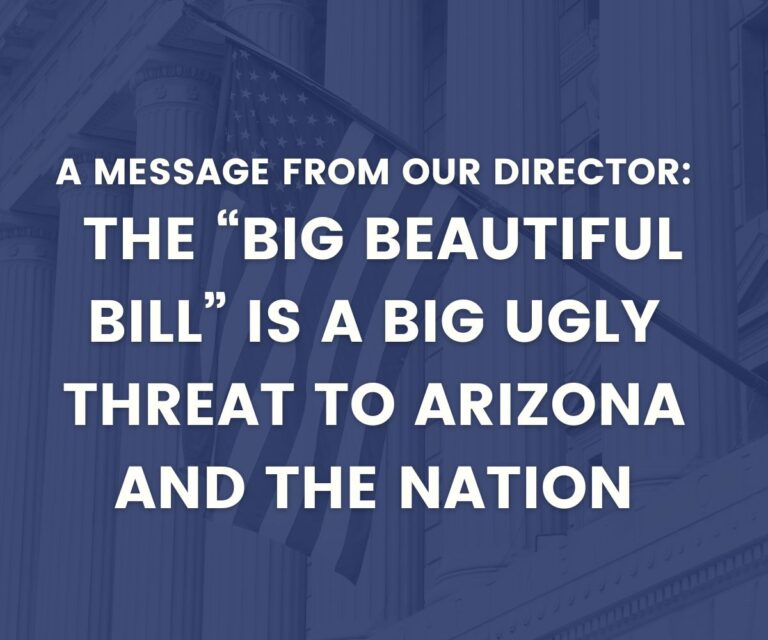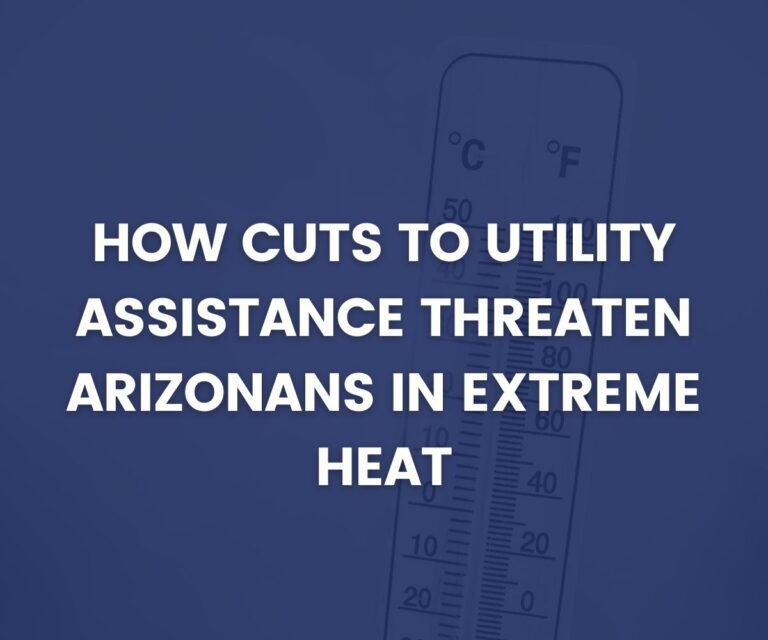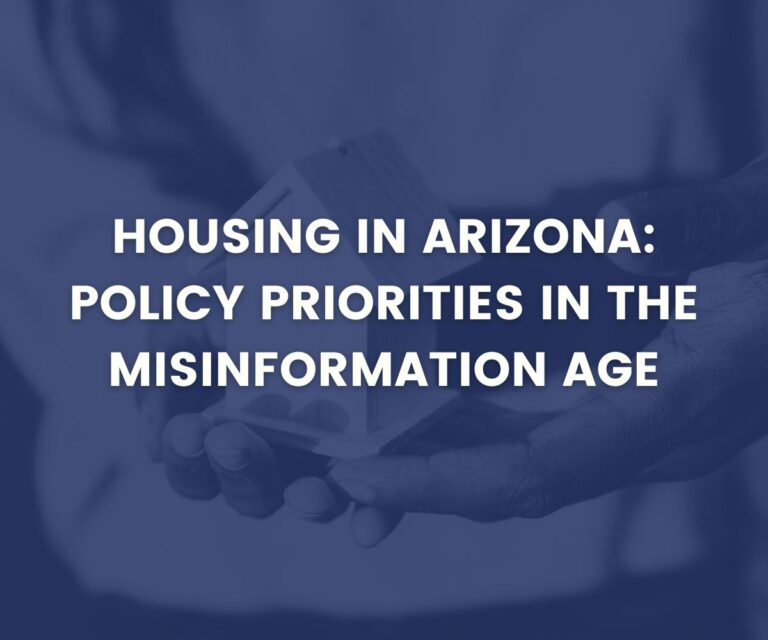
Arizona in the time of COVID-19
The COVID-19 pandemic has caused major disruptions to the U.S. and Arizona economy. Unemployment and underemployment remain high. According to the Bureau of Labor Statistics, the U.S. added 916,000 jobs in March, more evidence that the country is well on its way to economic recovery given the decline in COVID cases and the availability of vaccines. Nationally, the number of workers unemployed 27 weeks or more remained stands at 4.2 million (nearly 40% of those unemployed). With a state unemployment rate of 6.7% as of March 2021, tens of thousands continue to use the unemployment insurance system in Arizona.
Despite the recovery in recent months, many continue to struggle, with many reporting hardships including food insecurity, housing instability, and inability to pay for usual household expenses. While widespread, these pressures are particularly felt by households of color (particularly Indigenous, Latinx, and Black), immigrant households, as well as households with children and/or lower incomes.
The data showcased here, which will be updated periodically, underscores the need for robust relief for families, businesses, and tribal, local, and state governments in Arizona.
The toll on jobs and income
The pandemic continues to take its toll on Arizona’s workers. The state’s labor force (those working and looking for work) has only recently risen beyond the pre-pandemic high in 2020. In sizing up the impact of the pandemic on household incomes, over 2.4 million Arizona households (44% of all Arizona households) have had at least one member that has lost employment income since the pandemic began.
Much like Arizona’s economy before the pandemic, the current recession and its negative consequences have been particularly felt by people facing the biggest barriers, including people of color (particularly Latinx, Indigenous, and Black Arizonans), households with children, and households with lower incomes. Relative to their White, childless, or higher-income peers, these groups have shouldered the most of the pandemic’s economic impact. For example, travel and social distancing measures have especially hit workers in Arizona’s leisure and hospitality sector, which tend to be people of color with lower incomes.
Hardship
The pandemic and its economic shockwaves have also caused widespread yet concentrated hardship. Millions are now struggling with affording household expenses like rent, groceries, utilities, and childcare, placing them on the brink of desperation. In Arizona, 1 in 3 households cannot afford usual expenses, 1 in 7 are behind on rent, and 1 in 10 sometimes or often do not have enough to eat. Like the impact of employment income, rates of hardship, food insufficiency, and housing instability are higher among Arizonans of color, households with children, and households with lower incomes.
Click the links below for issue-specific data and reporting from the AZCenter.
Household Expense Affordability
About the data
The Household Pulse Survey, launched by the U.S. Census Bureau in April 2020, provides nearly real-time weekly data on how COVID-19 is impacting the lives and livelihoods of Americans. Along with stories from those impacted, administrative data, and other surveys, it is an important tool to demonstrate the need and craft policy solutions for Arizonans. The AZCenter will be updating this entry monthly to reflect new data collected. For more information on the Household Pulse Survey, visit this website. For more national data, or to see how Arizona compares to other states regarding hardship as a result of the COVID-19 pandemic, visit the tracker published by the Center on Budget and Policy Priorities.



